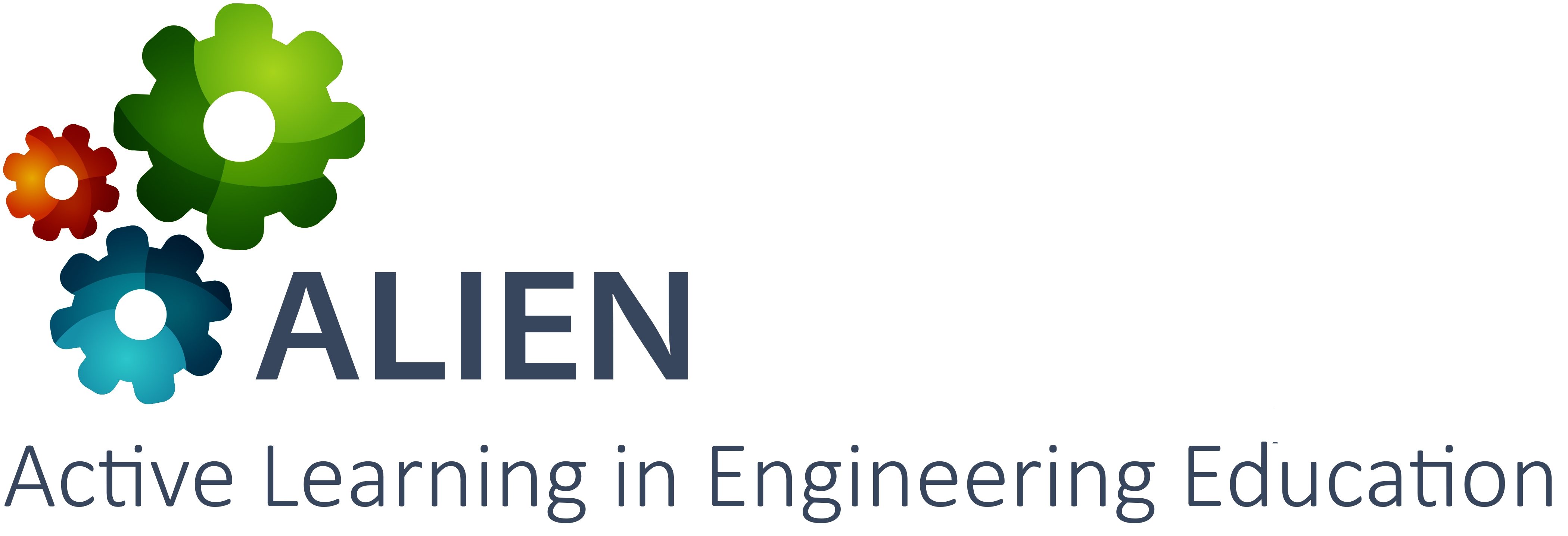 The Department of Computer Science and Engineering and Active Learning Lab has conducted a Workshop on Active Learning for Science on 19thFebruary 2021. The workshop was participated by 19 faculties from different departments under the School of Science. The workshop is focused on how the concept of Active learning can be implemented in our regular class.
The Department of Computer Science and Engineering and Active Learning Lab has conducted a Workshop on Active Learning for Science on 19thFebruary 2021. The workshop was participated by 19 faculties from different departments under the School of Science. The workshop is focused on how the concept of Active learning can be implemented in our regular class.
The workshop was started with the opening remarks from Dr. Bal Krishna Bal, HOD (Department of Computer Science and Engineering), he highlighted the importance of active learning in today’s learning and encouraged the participant faculties to use the resources provided by the Active Learning Lab and make the students learning process more effective. Prof. Dr. Manish Pokharel (PI, Active Learning in Engineering Education project (ALIEN)) has discussed the project and the importance of Problem Based learning in 21st Century Learning.
 The first Session of the Workshop was Conducted by Prof. Dr Deepak Prasad Subedi from the department of physics, where he highlighted the Importance of Active Learning in today’s Education and how the use of Active Learning can turn the traditional classes into interactive classes where students get more involved in their learning. He also shared his experiences of working as UNESCO Active Learning Training facilitator. He has shown good examples of how learning and fun can be carried out simultaneously.
The first Session of the Workshop was Conducted by Prof. Dr Deepak Prasad Subedi from the department of physics, where he highlighted the Importance of Active Learning in today’s Education and how the use of Active Learning can turn the traditional classes into interactive classes where students get more involved in their learning. He also shared his experiences of working as UNESCO Active Learning Training facilitator. He has shown good examples of how learning and fun can be carried out simultaneously.
The second session was conducted by Mr. Dhiraj Shrestha (CO-PI, ALIEN), where he discussed the resources available in the Active Learning Lab, described its setup and how the setup can be used for conducting the courses in using problem-based learning (PBL) modality. Then he described the PBL platform which has been used by 17 universities from Asia and Europe and how we can benefit from the platform. He has demonstrated the use of PBL platforms.
The final Session was conducted by Mr. Sushil Shrestha, Mr. Sameer Tamrakar and Mr. Satyendranath Lohani. In this session the participants were divided into four groups and each group was asked to create one problem fulfilling all the requirements considered by the PBL platform and upload them on PBL platform.






